July 18, 2025 -
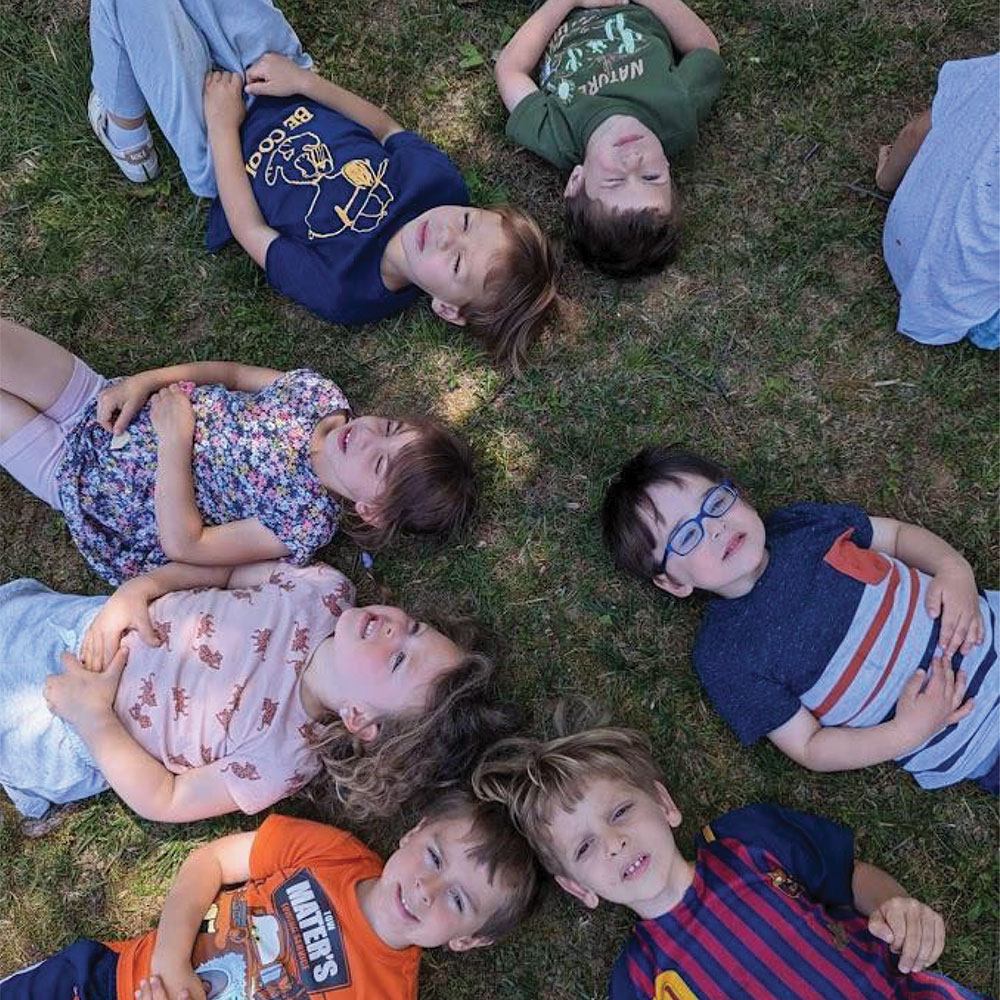

Listening and Speaking
Pre-Reading, Pre-Writing and Book Awareness
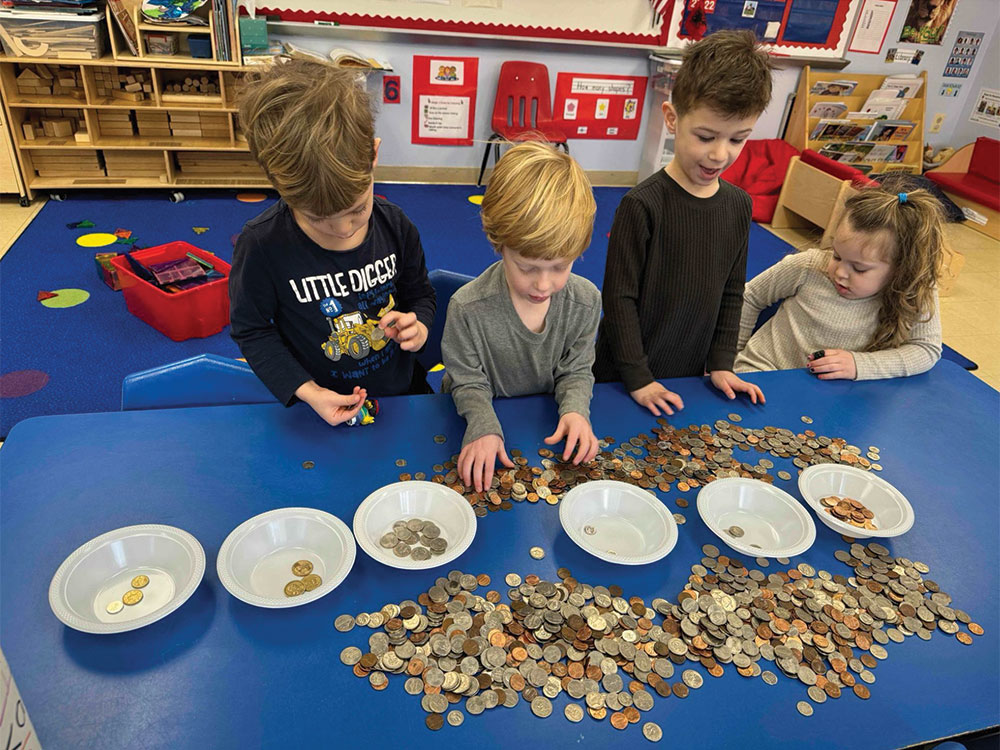


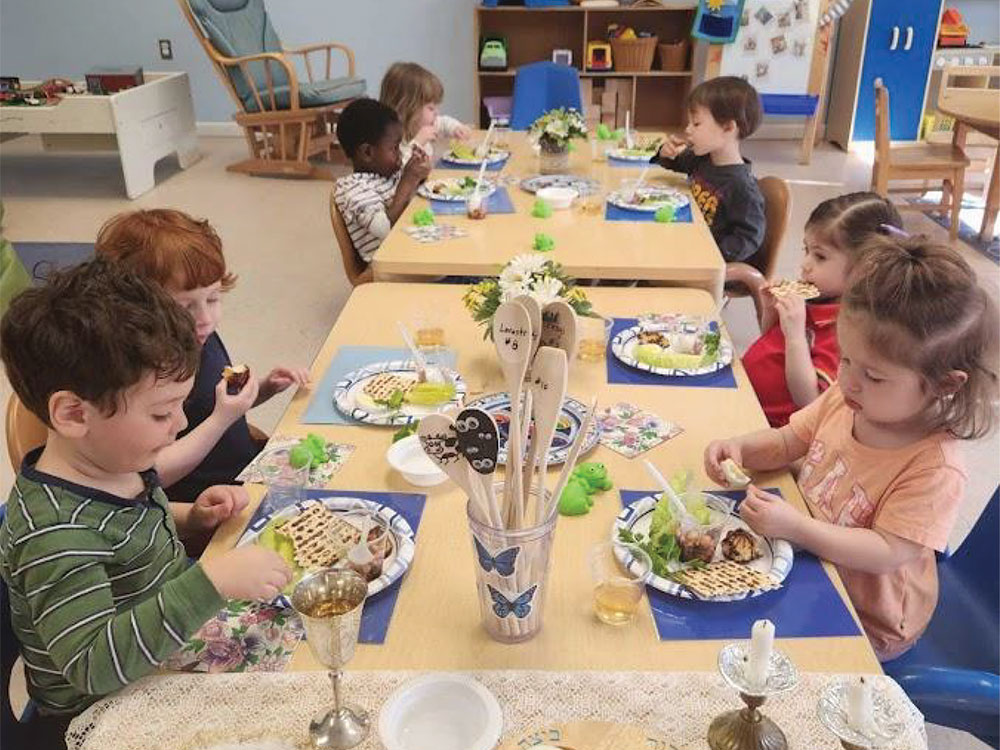
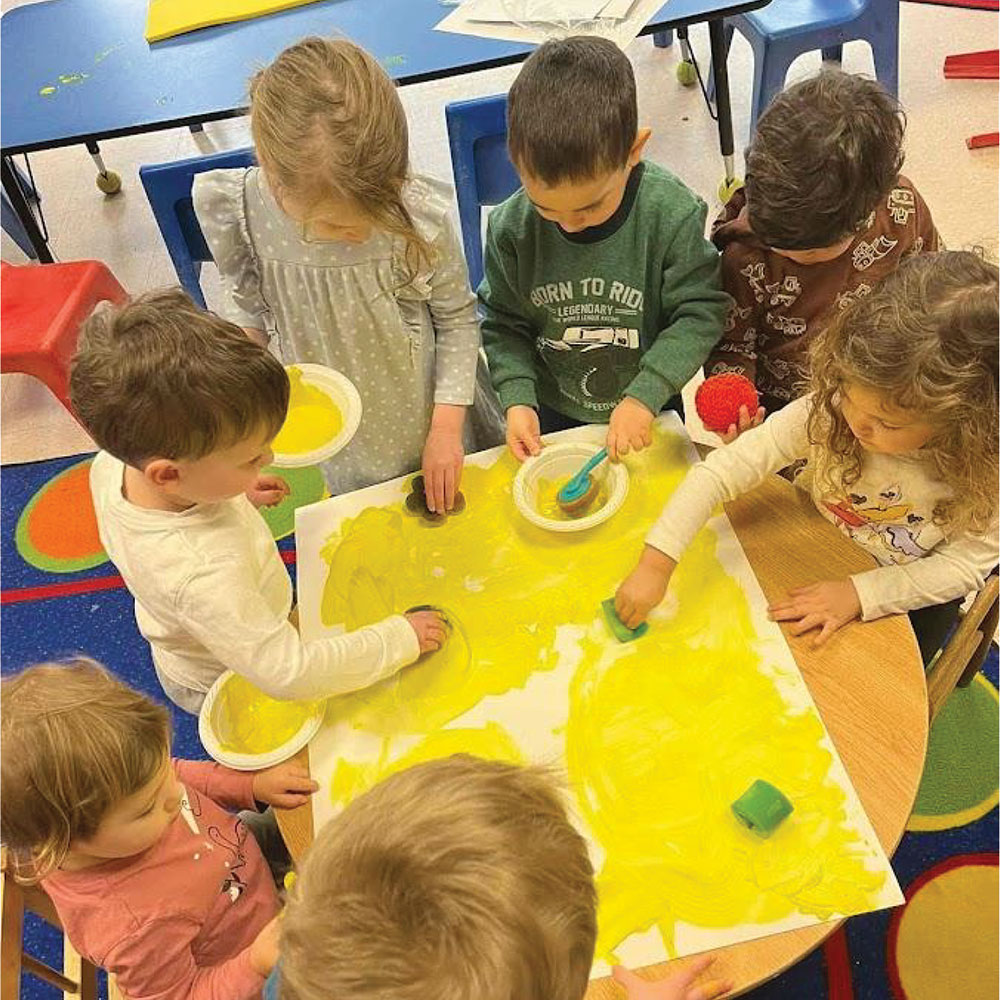
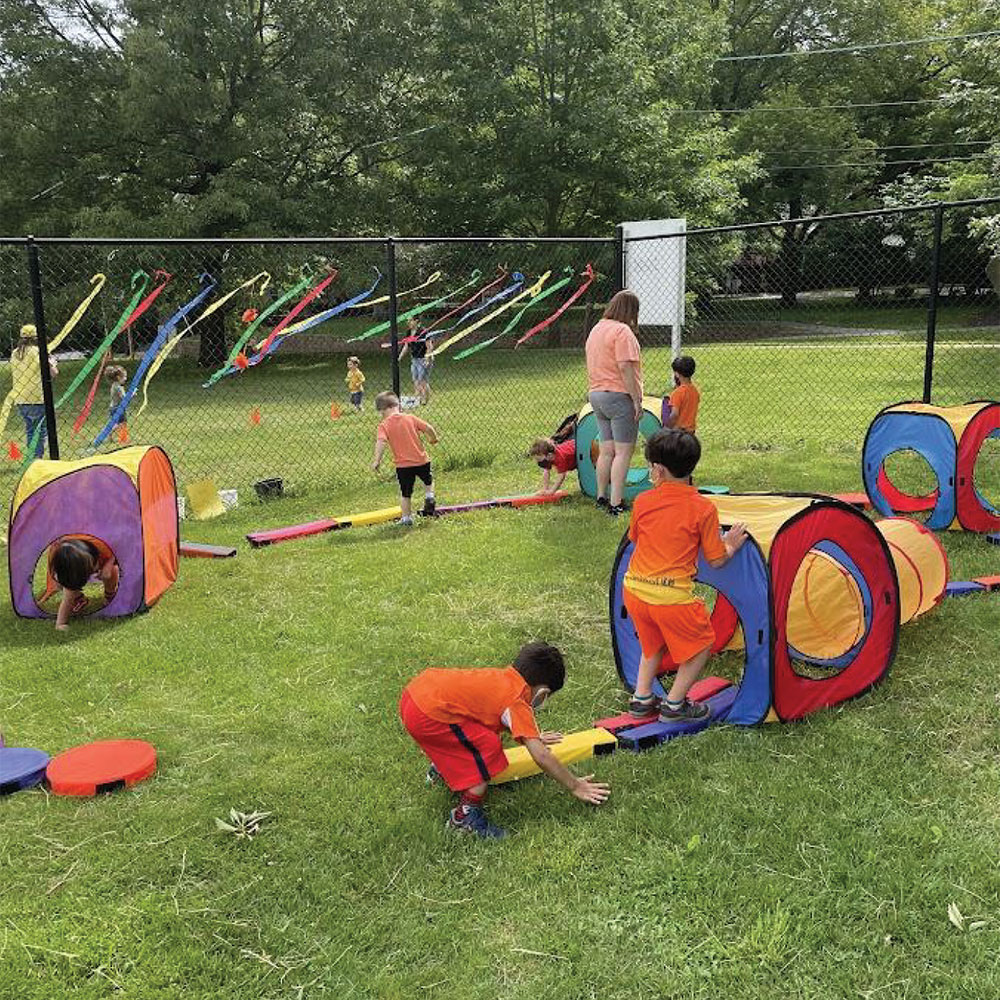
Health and Safety: Children will learn that safety is paramount and be encouraged to practice healthy habits.
Independent Life Skills: Children will practice self-help behaviors that encourage independence.